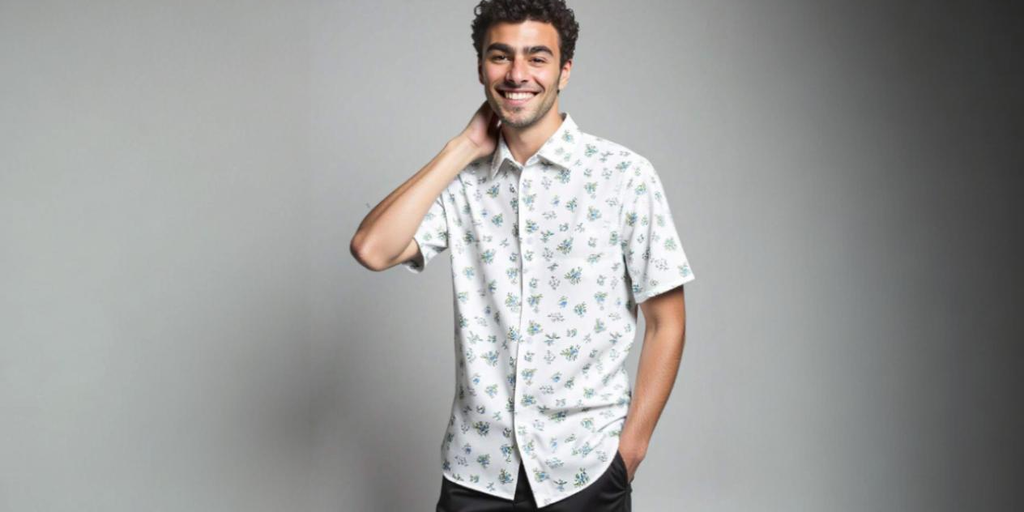
In an unexpected turn of events, the fast-fashion giant Shein recently found itself at the center of a controversy involving artificial intelligence (AI). The issue? An AI-generated model used on their platform bore an uncanny resemblance to Luigi Mangione, a man currently charged with the high-profile murder of UnitedHealthcare’s CEO. How did this happen, and what does it say about the rapidly evolving landscape of AI in fashion?
The AI Model That Sparked Global Outrage
The controversy began when an AI-generated model was featured on Shein’s website to advertise a plain cotton shirt. With a chiseled jawline and strikingly intense eyes, the model quickly caught attention—not for the apparel, but because facial recognition tools matched it to Luigi Mangione, an alleged CEO assassin currently making headlines. It was later confirmed by AI researcher Henk van Ess that the image was likely created using an AI tool such as MidJourney.
The listing quickly went viral but was removed by Shein within hours. Despite the company’s swift action, the shirt had already sold out, further fueling public backlash.
Shein’s Response to the Fiasco
In a statement to TMZ, Shein attributed the issue to a third-party vendor and claimed they have since removed the product. They also promised to take “appropriate action” against the supplier—a move that raised questions about accountability in the fast-growing AI-driven e-commerce space.
However, this isn’t the first time companies have faced trouble with generative AI. Misuses of AI technology range from creating deepfake influencers to employing unauthorized celebrity likenesses in campaigns, sparking legal battles and ethical concerns.
The AI-Powered Fashion Industry: Innovation or Chaos?
This incident is just one of many in a growing list of AI-related mishaps in the world of fashion. From Scarlett Johansson suing AI platforms for using her voice and likeness, to gaming companies facing backlash for utilizing AI-generated influencers in ads, the tide of AI controversies shows no signs of slowing down.
While generative AI tools have revolutionized creative industries, they’ve also brought unique challenges. Many consumers and advocates are increasingly concerned about consent, privacy, and the ethical implications of using AI models. The fact that AI can mimic real people—often without their knowledge or approval—underscores the urgent need for stronger regulations and oversight in this emerging field.
A Lesson for Brands: Ethical Responsibility in AI
This incident serves as a cautionary tale for brands aiming to integrate AI into their business models. Companies like Shein must carefully vet third-party vendors and ensure that the AI tools they employ are ethically sourced and responsibly used. For marketers and fashion giants, it’s a stark reminder that automation and innovation should not come at the cost of privacy, trust, and human dignity.
As AI continues to intertwine with advertising and creative industries, brands would do well to stay ahead of its implications. Investing in ethical AI initiatives and transparency could help companies weather such controversies and retain consumer trust in a rapidly changing digital marketplace.
Editor’s Pick: Try AI in a Positive Way
Looking to explore AI responsibly? Tools like the Adobe Sensei platform offer ethical and creativity-focused AI solutions for content creation, without unduly relying on questionable practices. It’s a prime example of how brands can balance innovation with responsibility.





